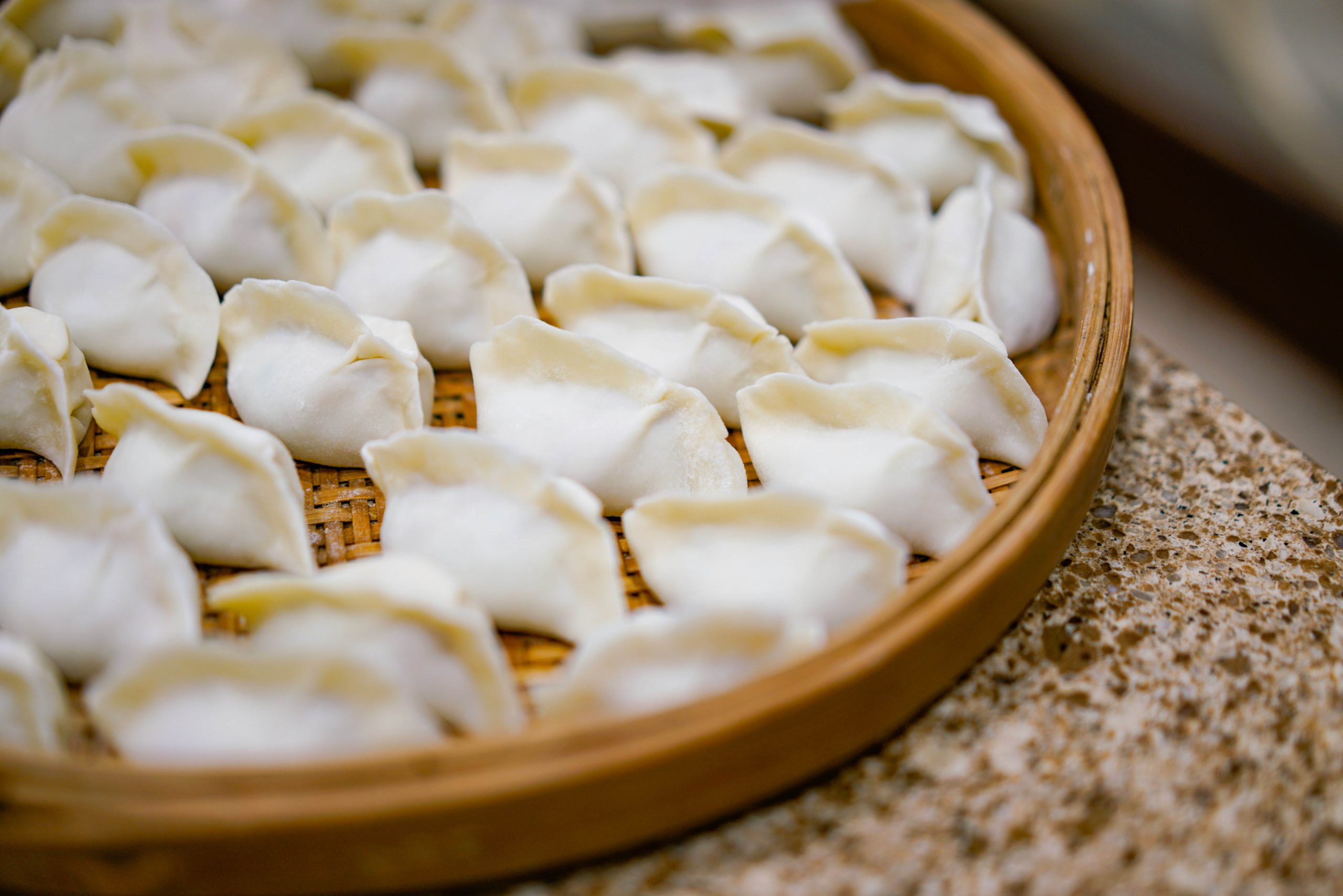ÔÿàÔÿàÔÿàÔÿåÔÿå
by Olly Hearn
Freedom – an obtainable right or just a bedtime story? Can we choose our own destiny, or must we simply accept what we are given by fate and circumstance? This is one of many questions posed by Shakespeare in Romeo and Juliet, the play on which Lenard Bernstein based ÔÇÿWest Side Story’.
Abandoning the attitudes and conduct of their family in favour of following their hearts brings about grave consequences for Romeo and Juliet; Shakespeare’s moral lesson seems bleak – ÔÇÿdisregarding your predestined path, or fighting against the norm will only bring woe’. Bernstein, however, inverts this for ÔÇÿWest Side Story’, saying that fighting against the norm is the only way to bring about change. This is exemplified during the ballet sequence; he shows us an ideal society where all people, regardless of age or race or gender, are treated and treat others equally, and by the finale, that reality is one step closer.
Leonard Bernstein’s ÔÇÿWest Side Story’ takes place on the streets of New York, following two rival gangs of migrant juvenile delinquents, the Jets and the Sharks. The music fuses the two genres of Cuban and Jazz to form both explosive, dysfunctional conflicts and romantic, tender moments. The work also acts as a social commentary; the gangs here represent the clashes between Jewish and Irish Catholic migrants, continued racial discrimination, and the rising fear of teenagers in 50’s America. Bernstein recognised that all this was wrong, that all people are equal and that the attitudes of the time needed to change.
The performance, held at the New Theatre by the Orbit there company, was an overall success; while some errors were noticeable, the conviction and dedication of the performance were unquestionable. The Puerto Rican ladies were by far the stars of the show, with “America”, Leonard Bernstein’s favourite song from the work, brimming with energy and excitement, making it easily the most enjoyable and entertaining highlight.
Mel Holdsworth was a perfect fit for Anita, portraying the harsh reality of her lover’s death as devotedly as the jovial teasing of her fellow girls in ÔÇÿAmerica’. Despite this, Millie Davies absolutely stole the show: her crystal clear tone and delicate vibrato outshone Tony (Aled Davies) in the Balcony scene and perfectly exemplified purity and innocence in “A Boy Like That”, while her commitment to her role in the final scene was simply spellbinding.
The same could be said of Aled Davies’ Tony; it was obvious Aled is no stranger to the stage as he wore his heart on his sleeve opening him to a wider expressive freedom. But, Aled’s voice lacked power; his strength was in his mid-range, meaning we lost some lower notes, but songs like “Maria” were very nearly superb. At times his tone was bland and colourless, sometimes failing to pack the emotional punch needed to lift his scenes to a more emotive realm, however, what he lacked in voice, he made up for in stage presence, mastering any scene he was in with a fluidity and reality only scratched at by other performers.
The choreography by Nicola Boyd-Anderson was magnificent, paying perfect homage to Jeremy Robins’ original work; jarring, angular movements accentuated torment and passion in songs like “Cool” and “Mambo”, while smooth and flowing movements reflected the gentleness in the “Cha Cha” and “Scherzo”. Often precisely intense and well rehearsed, the dancing heightened the performance to an enthralling level, completely captivating the audience in its moments of tension.
Unfortunately, the dancers did not always execute the choreography to the standard of its complexity. While one could argue that being a little rough around the edges suits the character of 50’s New York hoodlums, too many mistakes were too noticeable which detracted from the immersion of the sequences.
In almost every song, though most noticeably in “Gee Officer Krupke”, the singers fell out of sync with the orchestra, and though the orchestra was good at quickly readjusting themselves, this interrupted the flow and the impact of the music.
Their orchestra certainly had their moments; the more complex of Bernstein’s movements, such as “The Rumble” and “Cool”, were performed to a compellingly high standard. However, in the shadow of these difficult corners, simpler areas┬áseemed to suffer; entrances could occasionally be messy, and the woodwind in “something’s coming” seemed sloppy and lazy instead of bubbly and energetic, though they brightened up soon after.
While the Cuban influences in much of this music calls for lots of percussion, I felt it was often too heavy, overpowering other orchestral themes and melodies, especially the drum kit in the prologue and during the gym scene.
All in all, I thoroughly enjoyed the performance; though there were weaker moments, the most emotionally vulnerable dramaturgy was performed expertly. The final moment, as Maria walked off stage gave me goosebumps; left on stage were the adults, those who represented, to the gangs, their oppressors (responsibility and selflessness) – an abrupt awakening to the damage caused by an oppression of freedom.
So do we have ultimate freedom? To answer that question would miss the point Bernstein and Shakespeare are making; there┬áis too much beauty and goodness to get caught up in the disparity of the world – life is fleeting, so make the most of it, and if going against the grain opens the door to beauty, passion and love, it is worth it.




